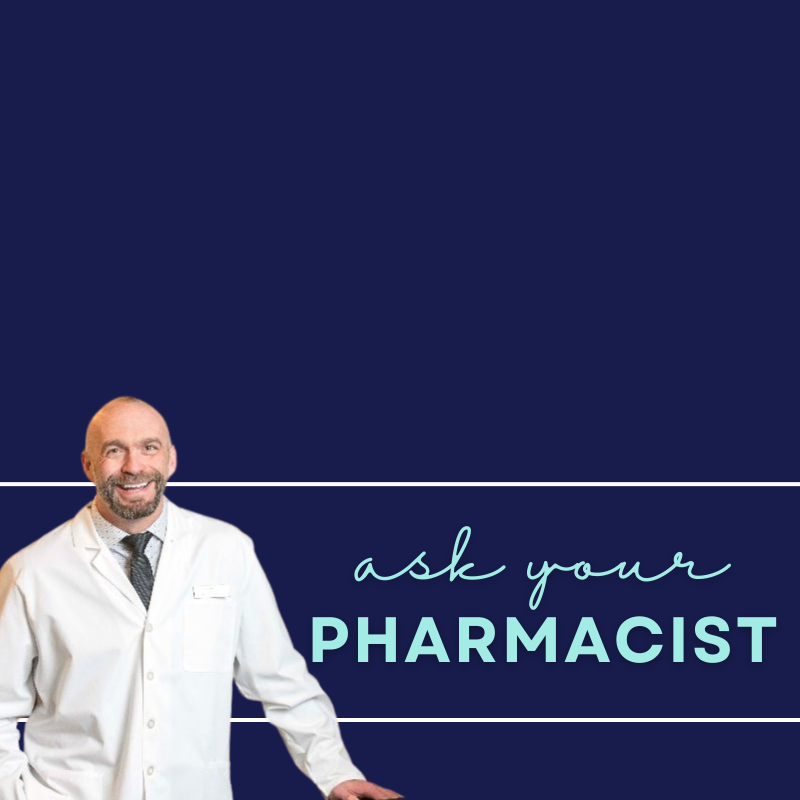
Q: What is medical assistance in death, and how does a New Brunswicker access it?
Medical Assistance in Dying (MAiD) is a deeply personal matter for New Brunswickers. Reading this article may evoke any number of very valid emotions. My intention in writing this article is to provide information to explain what MAiD is, and how a New Brunswicker may access more information about the process. The information in the article comes from Horizon Health Network’s patient information material.
Medical assistance in dying describes the situation where a physician or nurse practitioner prescribes or administers medication to a competent and consenting adult to intentionally bring about their death. MAiD is not the same as palliative care. Palliative care focuses on improving quality of life and managing symptoms to help people to live and die well. MAiD aims to ease suffering by helping an eligible person end their life, when they request it, by administering medications.
As a Canadian, you have the right to request MAiD if you are suffering from a serious health problem. Examples of situations in which you may be eligible may include if you are suffering from a serious health problem from which you will not recover; when your illness is at an advanced stage and you will not recover; when your suffering is constant and unbearable and cannot be relieved in any way that you find acceptable (i.e. terminal cancer, advanced amyotrophic lateral sclerosis [ALS], advanced cardiac or pulmonary disease).
If a person expresses their desire for MAiD, a qualified doctor or nurse practitioner will assess eligibility. This assessment must be confirmed by a second qualified doctor or nurse practitioner. The decision by a person must be voluntary, of one’s own free will, without pressures to do so. The assessors must be confident that a person understands that MAiD involves a physician or nurse practitioner prescribing medication that either the patient may self-administer, or the physician or nurse practitioner may administer, that will cause death. The person’s medical records may be reviewed by their health-care team in the eligibility assessment. The assessment must be signed in your presence by an independent witness who is at least 18 years old, is not a beneficiary, is not an owner of a nursing home you are residing in, and is not a health-care provider responsible for your care.
If your request is eligible, the administration of medication will cause your death peacefully. You may take that medication yourself.
Horizon has established a process, in collaboration with the New Brunswick Department of Health and Vitalité Health Network, to support medical assistance in dying in the most appropriate way possible, in a patient’s home or the hospital.
Horizon Health Network supports the right to medical assistance in dying as set out in legislation introduced by the Government of Canada on April 14, 2016, and amended on March 17, 2021. The aim is to ensure patients and families are provided with appropriate care which is respectful of their dignity and their autonomy.
Your hospital pharmacist is involved with ensuring safe preparation and dispensing of medications used for MAiD. When complete documentation with appropriate signatures arrives at the pharmacy, the medication is carefully and precisely prepared under sterile conditions. Pharmacy technicians are experts in the area of precise medication measuring and preparation. Once prepared by the pharmacy technician, the final medication product is checked, and double-checked, to ensure the correct medication is prepared. A pharmacist meets with the physician to review the medications to ensure that everything is organized and very clearly communicated. The final product is handed from a pharmacist directly to the hands of the caring physician.
Health care providers, including pharmacists, are obliged to provide access to health care, regardless of personal beliefs. In a situation where a health-care provider is not able to morally provide a health care service, the expectation is they will connect you with a provider who will. Talk to your health-care provider about your situation to know your options. If you do not have a health-care provider or prefer not to discuss medical assistance in dying with that provider, please contact the Medical Assistance in Dying Program by phone at 1-833-883-6243 (toll free) or by email at MAID@HorizonNB.ca.
Dr. Kevin McLaughlin (PharmD, BScPharm, BSc, ACPR) practices at Kennebecasis Drugs, in Rothesay N.B. His opinions expressed in this column are published for educational and informational purposes only, and are not intended as a diagnosis, treatment or as a substitute for professional medical advice, diagnosis or treatment.